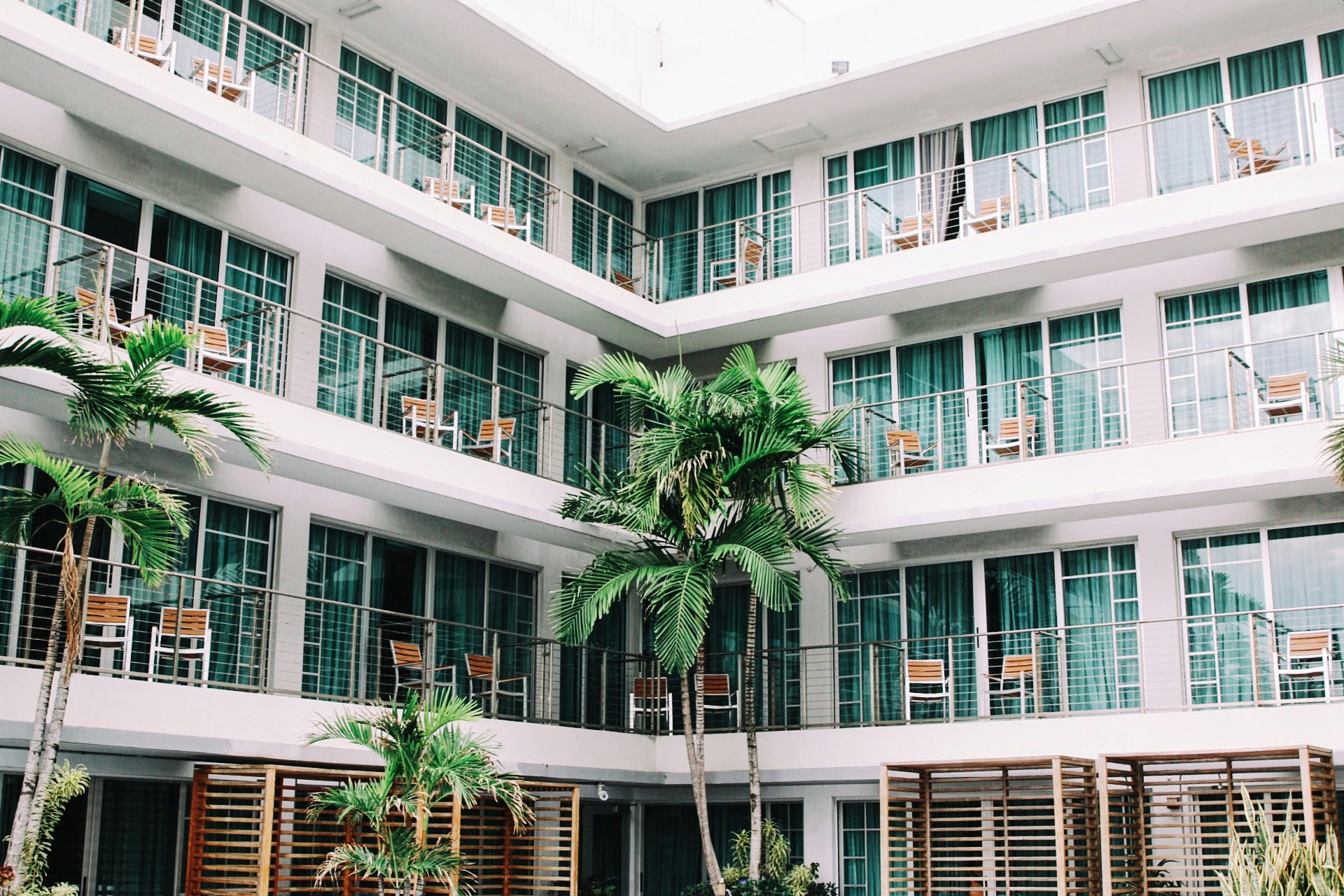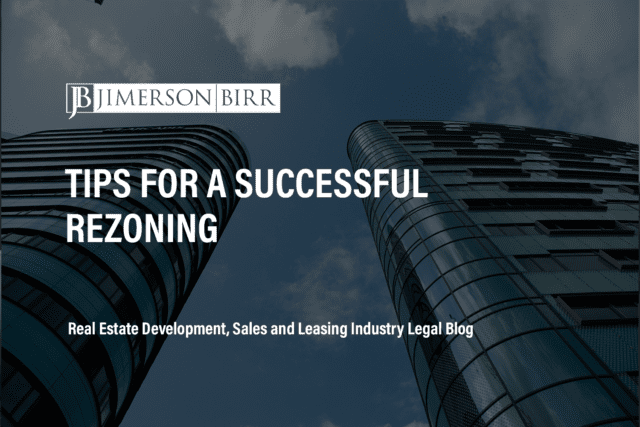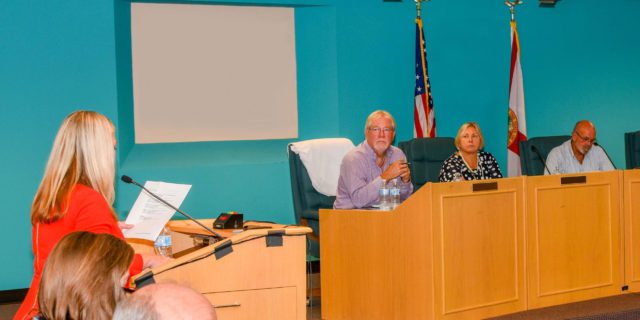What are variances, special use, and other discretionary permits?
Variances, special use permits, and other discretionary permits allow for exceptions or modifications to zoning and land use regulations. Here is a brief explanation of each:
- Variances: Variances are permits that allow property owners to deviate from the strict application of zoning regulations. For example, if a zoning regulation requires a particular setback from the street, a variance may allow a property owner to build closer to the street than is usually allowed.
- Special Use Permits: Special use permits (also known as conditional use permits) allow for a specific land use that is not typically allowed in a particular zoning district, subject to certain conditions. For example, a special use permit may enable a church to be built in a residential zoning district.
- Other Discretionary Permits: Other discretionary permits include things like planned unit developments (PUDs), which allow for more flexibility in land use regulations and can result in mixed-use developments. These permits are typically granted by a zoning board or other government agency and may be subject to certain conditions.
Variances, special use permits, and other discretionary permits are intended to allow for flexibility in land use regulations while maintaining the overall goals and objectives of zoning and land use planning.
Need help with a matter related to variances, special use, and other discretionary permits? Schedule your consultation today with a top land use and zoning attorney.
Which laws and regulations relate to variances, special use, and other discretionary permits in Florida?
In Florida, the laws and regulations related to variances, special use permits, and other discretionary permits are governed primarily by local government ordinances and regulations and state statutes. Some fundamental laws and regulations include:
- Stat. § 403.201: This statute outlines granting variances when dealing with potential environmental problems.
- Stat. § 70.51: This statute, part of the Florida Land Use and Environmental Dispute Resolution Act, outlines procedural requirements before variances or special use permits can be granted.
- Local Government Ordinances: In addition to state laws and regulations, local government ordinances may establish additional requirements for variances, special use, and other discretionary permits within their jurisdictions. These ordinances may cover zoning, land use, and development standards.
What are common issues regarding variances, special use, and other discretionary permits that lead to litigation?
Common issues regarding variances, special use permits, and other discretionary permits that lead to litigation may include:
- Procedural Noncompliance: The procedures for obtaining a variance, special use permit, or other discretionary permit can be complex and involve multiple steps. Failure to comply with the required procedures, such as providing adequate notice to adjacent property owners or following specific timelines, can lead to legal challenges.
- Adverse Effects on Neighboring Properties: When a property owner is granted a variance or special use permit, neighboring property owners may claim that the development will adversely affect their properties. For example, a neighbor may claim that new development will block their view or negatively impact their property values.
- Environmental Concerns: Some variances or special use permits may involve environmental impacts, such as encroachment on wetlands or protected habitats. Environmental groups or concerned citizens may challenge the permit on environmental grounds.
- Inconsistent With Zoning and Land Use Regulations: A variance or special use permit may be challenged if inconsistent with local zoning and land use regulations. For example, if a variance allows for commercial use in a residential area, neighbors or community groups may challenge the permit as inconsistent with the zoning regulations.
- Noncompliance with Permit Conditions: Variances, special use permits, and other discretionary permits are often granted subject to certain conditions, such as limits on the size or location of the development. The permit may be challenged or revoked if the property owner fails to comply with these conditions.
We are value-based attorneys at Jimerson Birr, which means we look at each action with our clients from the point of view of costs and benefits while reducing liability. Then, based on our client’s objectives, we chart a path forward to seek appropriate remedies.
To determine whether your unique situation may necessitate litigation, please contact our office to set up your initial consultation.
What are effective measures to minimize the risk of litigation over variances, special use, and other discretionary permits?
To minimize the risk of litigation over variances, special use, and other discretionary permits, the following measures can be effective:
- Follow All Procedural Requirements: It is essential to carefully follow all the required procedures for obtaining a variance, special use permit, or other discretionary permit. This includes providing adequate notice to adjacent property owners, complying with specific timelines, and submitting all necessary documents and fees.
- Consult With Local Government Officials: Developers and property owners should consult with local government officials early in the development process to ensure compliance with all applicable laws and regulations. This can help identify and resolve potential issues before they become legal challenges.
- Engage With the Community: Engaging with the community and local stakeholders early in the development process can be helpful. This can help to build support for the project and address concerns before they become legal challenges.
- Consider Alternative Solutions: If a variance or special use permit is likely to face legal challenges, developers and property owners should consider alternative solutions that may be more acceptable to the community or local government. For example, if a variance is required to allow for a larger building, reducing the size of the building may be a viable alternative.
- Comply With All Permit Conditions: Once a variance, special use permit, or other discretionary permit is granted, it is important to comply with all the permit conditions. Failure to comply with these conditions can lead to legal challenges and permit revocation.
Frequently Asked Questions
What is the process for obtaining a variance, special use, or other discretionary permit?
The process for obtaining a variance, special use permit, or other discretionary permit can vary depending on the local laws and regulations. Generally, the process typically involves submitting an application to the local government, providing notice to adjacent property owners, and attending public hearings to present the case for the permit.
What common issues can arise when seeking a variance, special use permit, or other discretionary permit?
Common issues can include opposition from adjacent property owners or community groups, concerns about the impact on traffic, noise, or property values, and questions about the compatibility of the proposed use with the surrounding area.
Have more questions about a variance or permit-related situation?
Crucially, this overview of variances, special use, and other discretionary permits does not begin to cover all the laws implicated by this issue or the factors that may compel the application of such laws. Every case is unique, and the laws can produce different outcomes depending on the individual circumstances.
Jimerson Birr attorneys guide our clients to help make informed decisions while ensuring their rights are respected and protected. Our lawyers are highly trained and experienced in the nuances of the law, so they can accurately interpret statutes and case law and holistically prepare individuals or companies for their legal endeavors. Through this intense personal investment and advocacy, our lawyers will help resolve the issue’s complicated legal problems efficiently and effectively.
Having a Jimerson Birr attorney on your side means securing a team of seasoned, multi-dimensional, cross-functional legal professionals. Whether it is a transaction, an operational issue, a regulatory challenge, or a contested legal predicament that may require court intervention, we remain a tireless advocate every step of the way. Being a value-added law firm means putting the client at the forefront of everything we do. We use our experience to help our clients navigate even the most complex problems and come out the other side triumphant.
If you want to understand your case, the merits of your claim or defense, potential monetary awards, or the amount of exposure you face, you should speak with a qualified Jimerson Birr lawyer. Our experienced team of attorneys is here to help. Call Jimerson Birr at (904) 389-0050 or use the contact form to set up a consultation.
Here are some blogs written by JB attorneys that provide more information about variances, special use, and other discretionary permits:

We live by our 7 Superior Service Commitments
- Conferring Client-Defined Value
- Efficient and Cost-Effective
- Accessibility
- Delivering an Experience While Delivering Results
- Meaningful and Enduring Partnership
- Exceptional Communication Based Upon Listening
- Accountability to Goals










